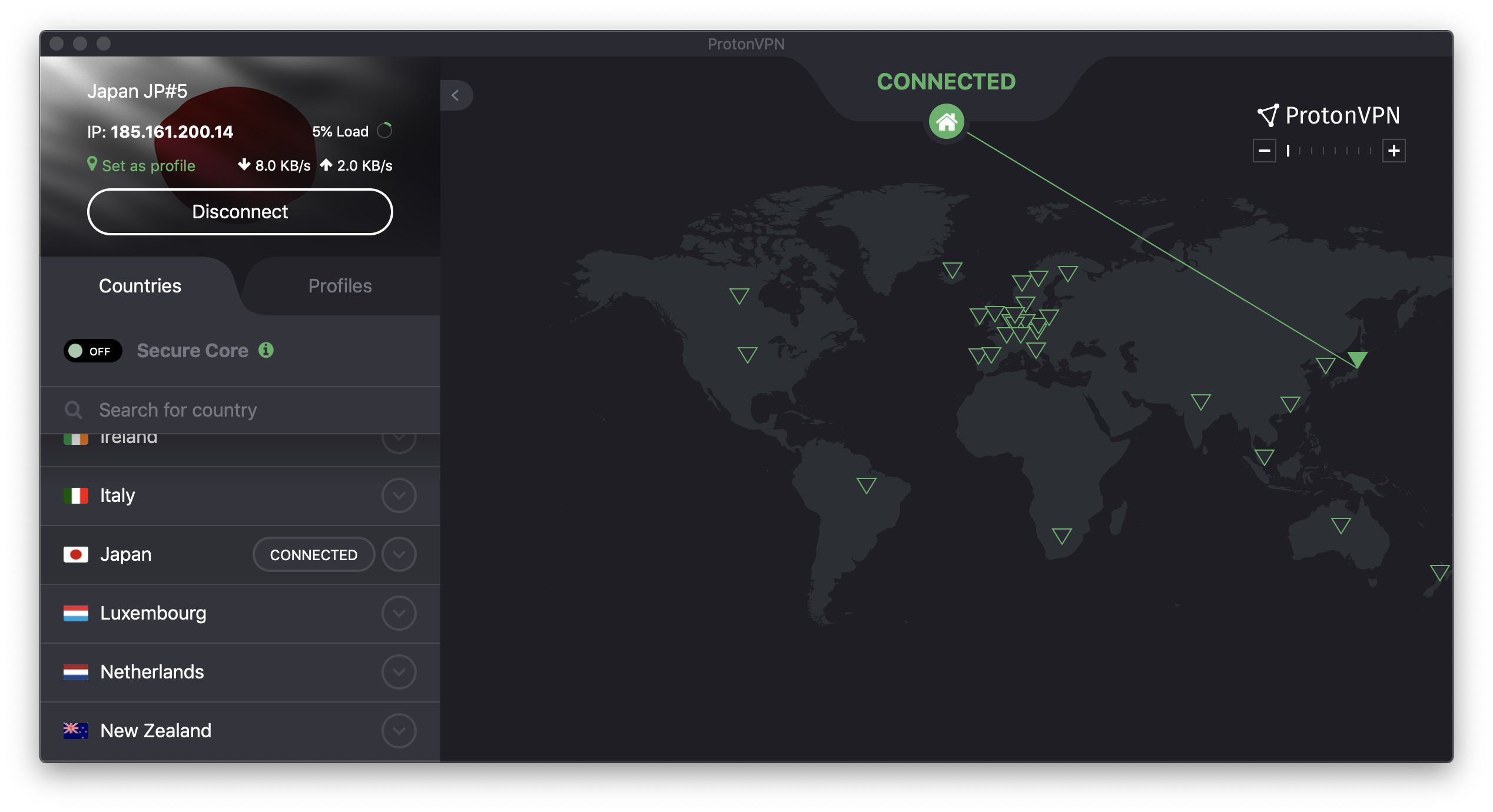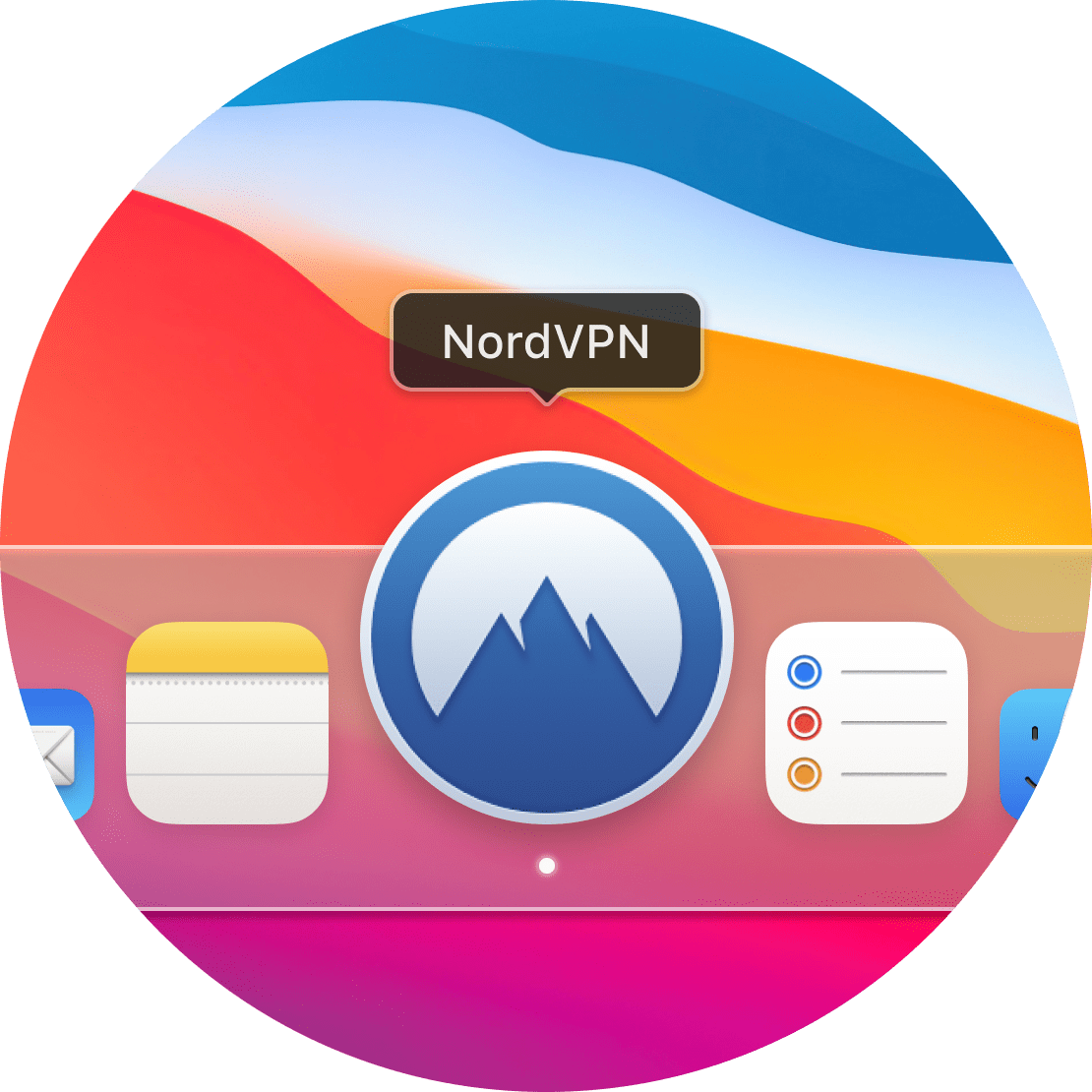


Surfshark grants security and privacy on the Linux platform via encryption and secure remote VPN servers for hiding IP addresses.

Surfshark helps Linux users by giving them granular control over how the data moves. Once installed, command line options are available for server connections. For other Linux distributions, users will have to use the command line. deb file from the Surfshark website and then (on some Linux distributions) just double-click the downloaded file to start the installation process. To use Surfshark on Linux, users first have to get the. The disadvantages of using Surfshark are slower performance on some servers and a low number of server locations compared to other elite VPNs. Advantages of using Surfshark include unlimited simultaneous connections, access to streaming sites like Netflix and Hulu, advanced security features, live chat and zero-logs. Surfshark is a VPN for Linux users who want a reliable VPN connection on a budget. Users who do not have a grip on the command line in Linux may find it irritating to set up Private Tunnel which may lead to bad configuration and data leaks. The risks of using Private Tunnel include slow internet performance because there are only a few servers and the lack of access to various geo-restricted websites due to the fact that the server network does not cover enough locations. Other Private Tunnel benefits include apps for all major platforms and a seven-day free trial. This VPN helps to hide device IP addresses via remote servers and gives Linux users peace of mind with OpenVPN supporting the service. Private Tunnel allows Linux users to make internet connections secure either while traveling or while connected to public WiFi via encryption. Customers have to pay $6 per month for the monthly package and $3 per month for the yearly package (charged as $36 every 12 months). Private Tunnel’s disadvantages include the service’s inability to reliably unblock Netflix or Amazon, no P2P support, headquarters in the U.S., some logs and no kill switch. The main advantages of using Private Tunnel are access to secure protocols, unlimited simultaneous connections per account, unlimited bandwidth, good encryption and intuitive VPN apps. Private Tunnel is a VPN service that hides the user’s original IP address and secures internet connections via encryption. What Are the Differences Between Paid and Free Linux VPN Services?.Will a VPN Slow My Connection Down on Linux?.Which Linux Distro Is Most Compatible With Free VPNs?.Is It Difficult to Install a VPN on Linux?.


 0 kommentar(er)
0 kommentar(er)
